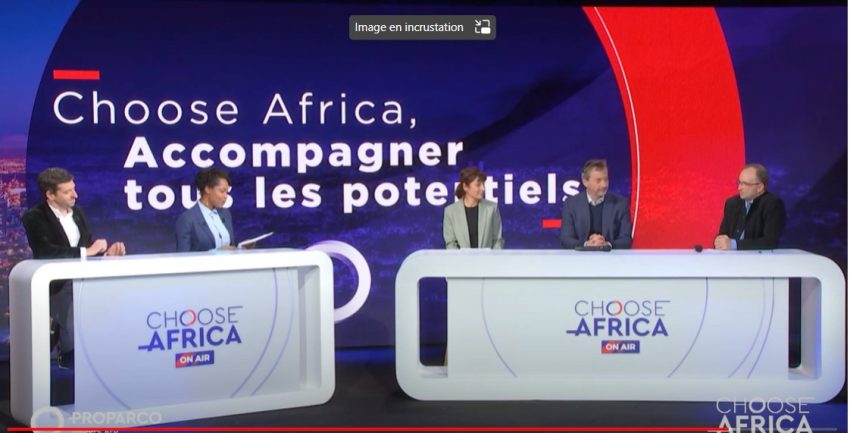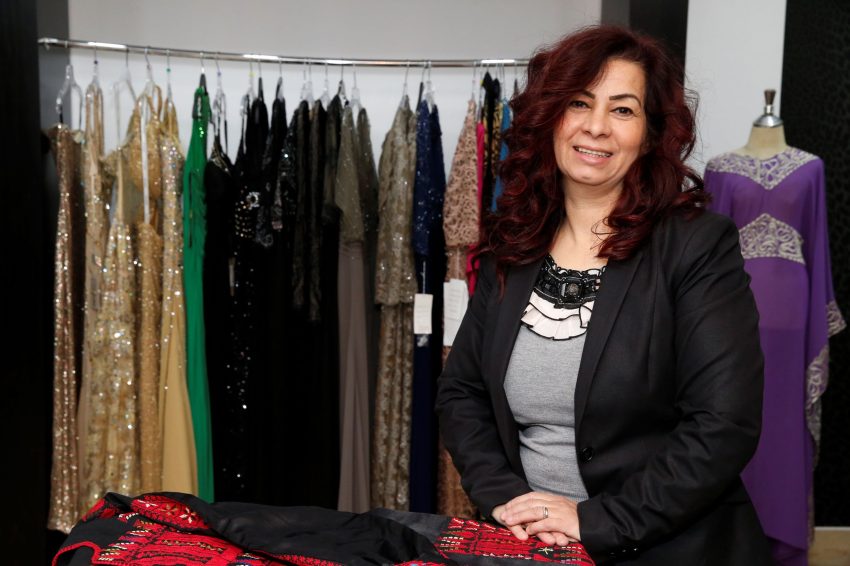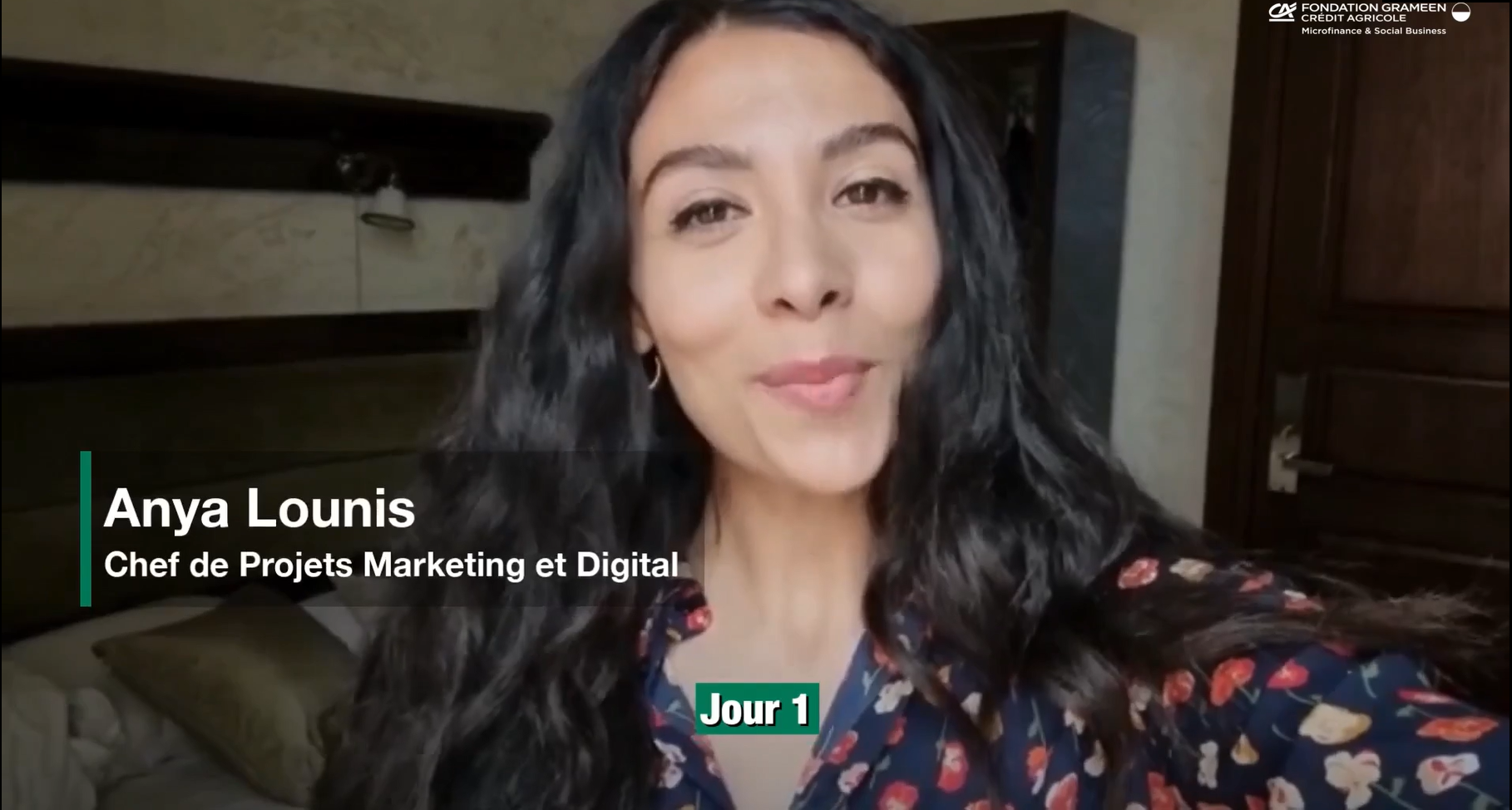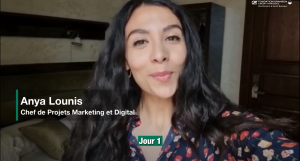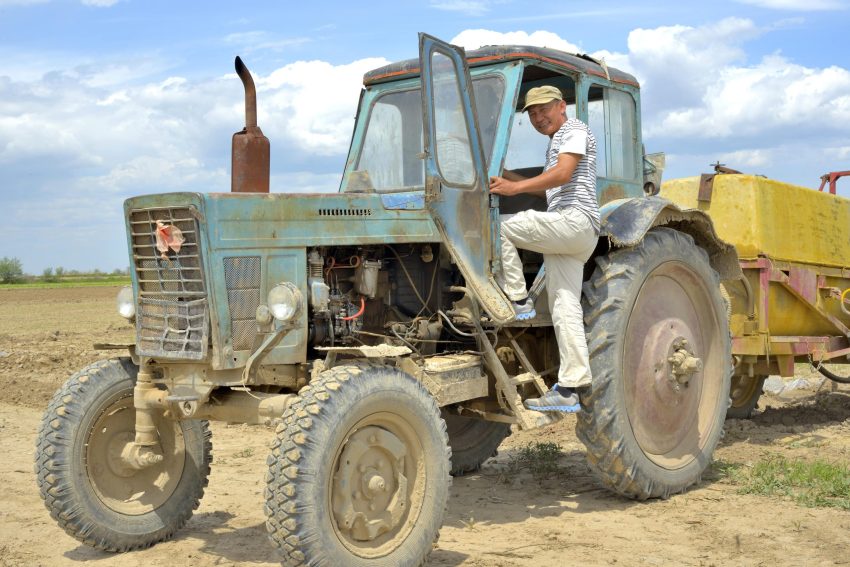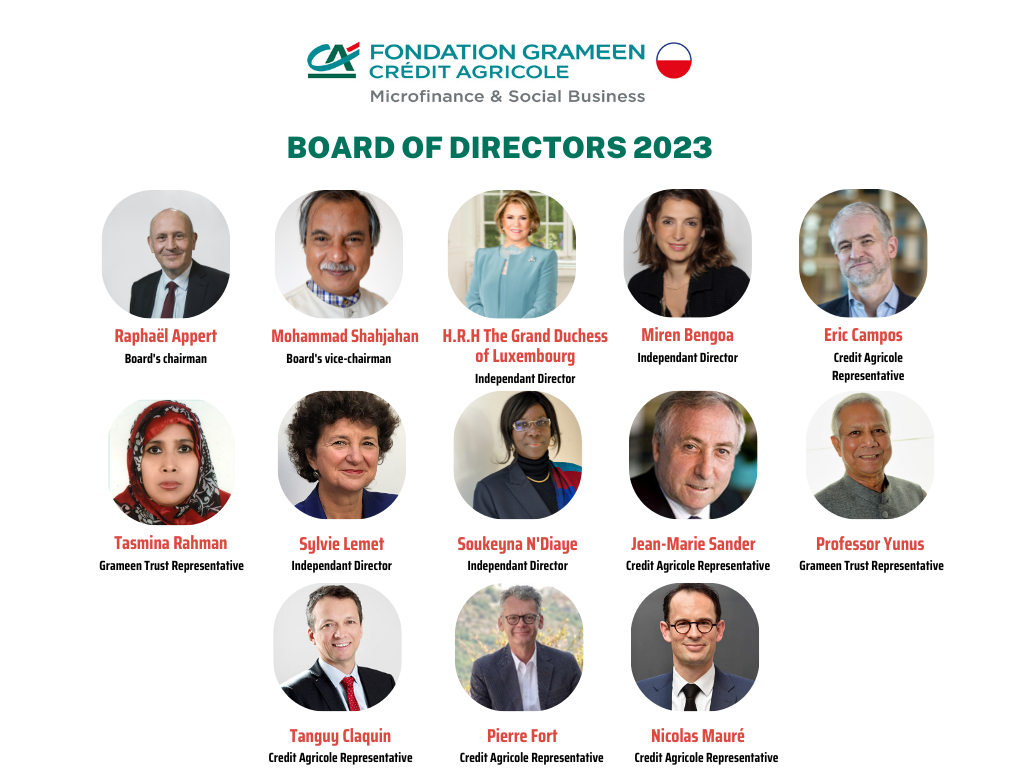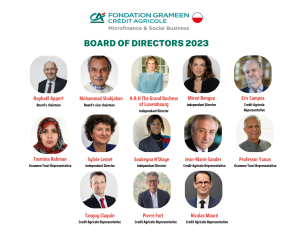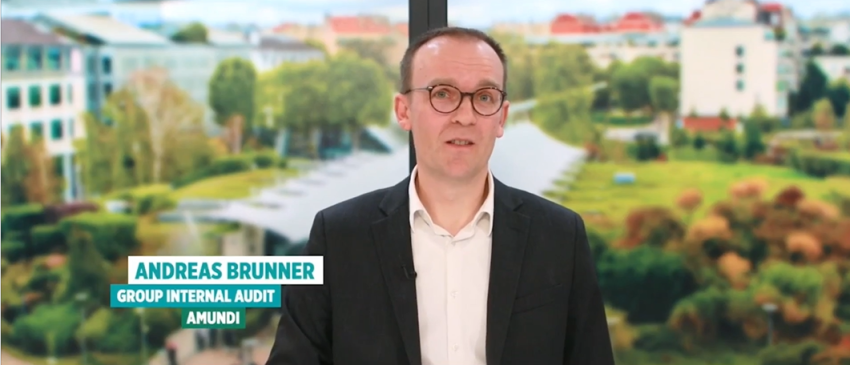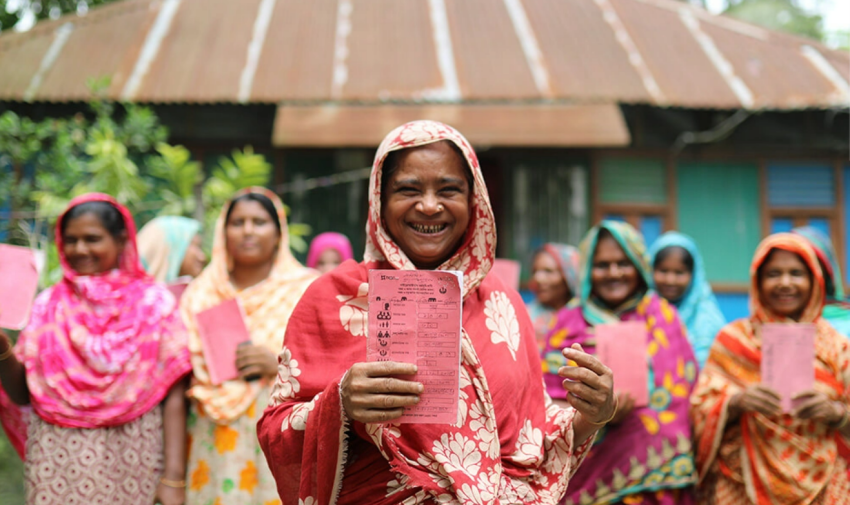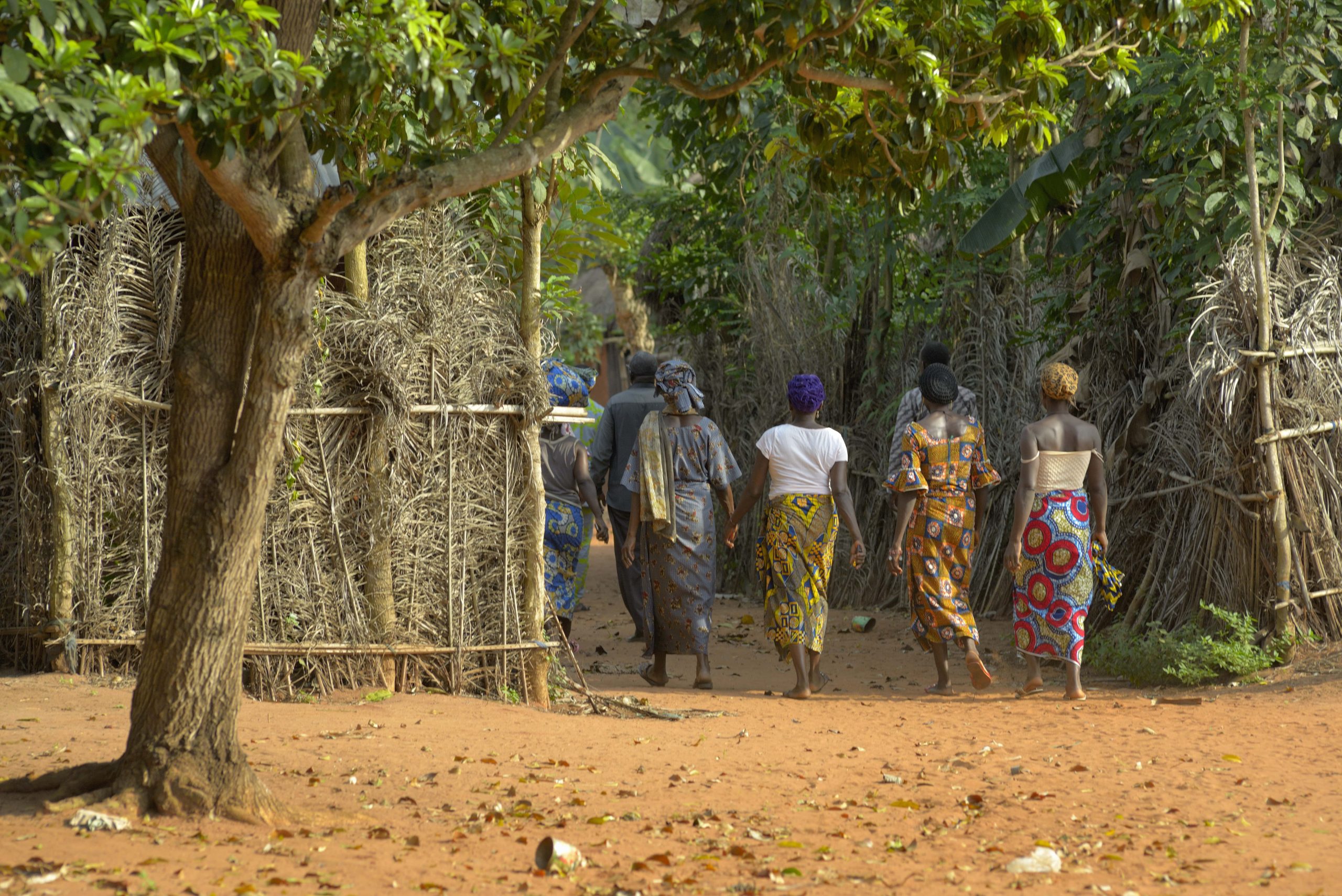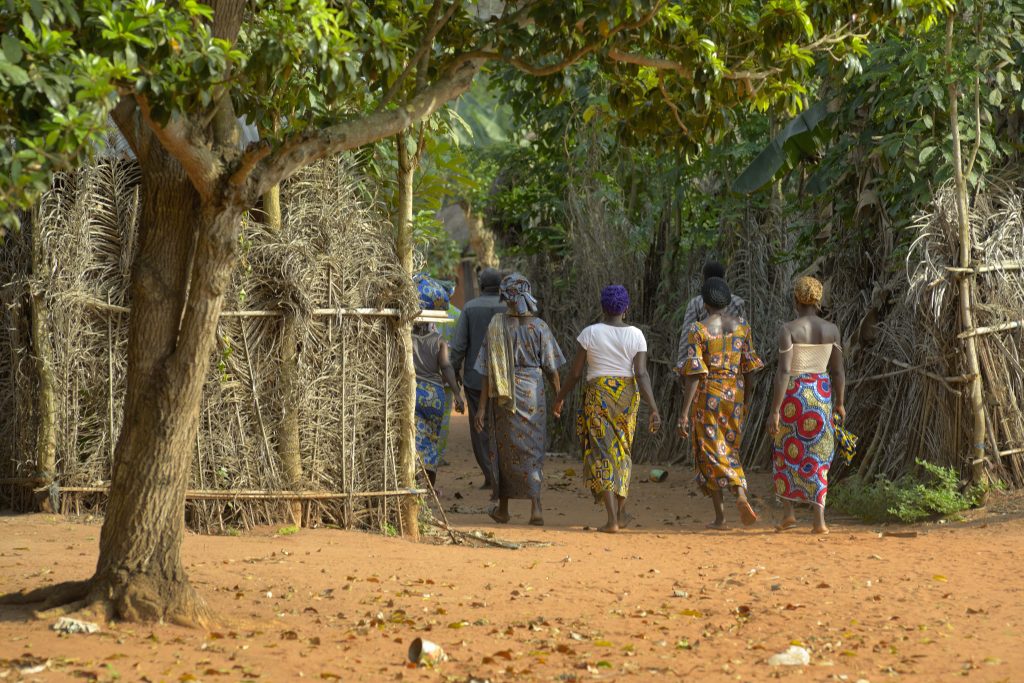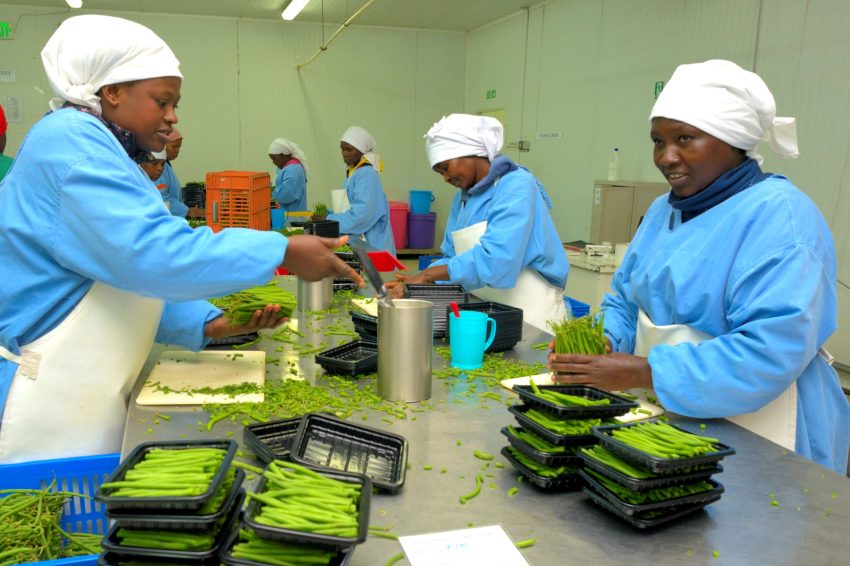Increased activity in Eastern Europe and Central Asia.
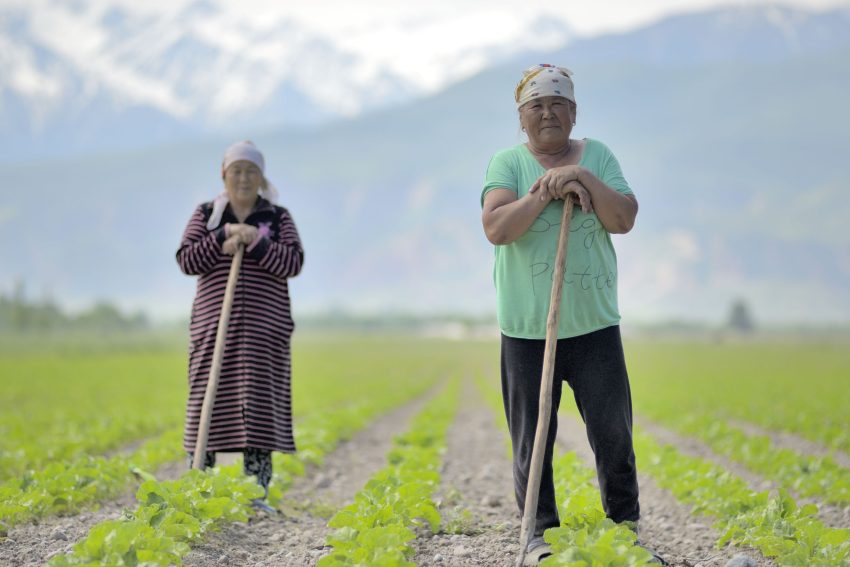
In the first half of 2023, the Foundation continued to consolidate its position in Eastern Europe and Central Asia with the granting of three new loans to three partners in Bosnia and Herzegovina, Kyrgyzstan and Tajikistan.
In Bosnia and Herzegovina, the Foundation grants a second loan to Mi-Bospo amounting to 2,000,000 Euros. This microfinance institution works mainly in rural areas and has 59% women among its 26,196 clients. Mi-Bospo provides access to credit and non-financial services to individuals, and in particular to women entrepreneurs.
A new loan in local currency equivalent to 700,000 euros has been granted to Oxus Tajikistan, a partner microfinance institution since 2012. Founded in 2004 by the French NGO ACTEDOxus Tajikistan is registered as a microcredit institution and is supervised by the National Bank of Tajikistan. Its mission is to provide transparent and accountable financial services to the working poor and the unbanked. Oxus Tajikistan is committed to creating and delivering the most effective microfinance services to sustainably improve the living conditions of its clients. This is the fifth loan granted by the Foundation, strengthening its partnership with Oxus Tajikistan since 2012. To date, the institution serves 14,292 active borrowers (40 % women and 82 % in rural areas) and manages a portfolio of €16.6 million. Oxus Tajikistan operates in the eastern half of Tajikistan, from north to south, through a network of 27 outlets and agencies and 186 employees.
In Kyrgyzstan, the Foundation granted a new loan to Oxus Kyrgyzstan in local currency equivalent to 1.5 million Euros. A partner since 2016, this microfinance institution, founded in 2006 by the OXUS group and ACTED, is committed to providing financial services to the working poor and underbanked in Kyrgyzstan. To date, the institution served 10,895 active borrowers (56 % women and 65 % in rural areas) and managed a portfolio of 9.4 million Euros. This is the 6th loan granted by the Foundation and aA technical assistance mission was carried out in October 2021.
With these 3 new loans, the Foundation strengthens its portfolio in Eastern Europe and Central Asia, which represents 29 % of the total outstanding amount monitored by the Foundation at the end of April 2023.
To learn more about our partners, Click here.

